In 2004, ten days after I moved my family to a new life in India, I gave a reading at a small palace on the edge of the ‘pink city’ of Jaipur. Fourteen people turned up, of whom ten were Japanese tourists who had got lost. The next year, I helped organise a modest literary programme of 18 authors. Two failed to arrive, but with the aid of my co-director, Namita Gokhale, we gathered a respectable audience of nearly 100. Eight years later, however, by some strange yogic sleight of hand, the Zee Jaipur Literature Festival has shape-shifted into the largest free litfest in the world and the largest literary event in the entire Asia-Pacific region. I still have no office, or assistant, or even a visiting card, but the festival is now a major operation, and my amazing colleagues who look after our production have to wrestle with staggering logistics: in the course of last week they cooked some 14,700 hot meals, booked 1,800 hotel nights for 240 participants, sold 10,000 books and hosted 75,000 people a day, adding up to around a quarter of a million punters in all. And that’s not counting the evening music programme which gathered similar-sized crowds.
One reason for this is the exceptional beauty of the city of Jaipur itself. My heart always lifts as I leave fog-bound Delhi and head onto the Jaipur highway. Within a couple of hours you find yourself amid sunlit mustard fields, camel carts and Rajasthani turbans of bright, primary colours. By the end, you are driving past the bastions of the Amber Fort and city walls improbably running near vertically up the Aravalli mountains.
JLF works partly because it is a properly festive festival. The buildings are festooned with bunting, there are hundreds of thousands of enthusiasts milling around, including an abnormally large number of students and beautiful women, we let off fireworks at night and after 6.30 p.m. the writers have to shut up and give the stages over to music and dancing. My favourite crit last year was from Time Out:
It’s settled. Jaipur is officially the Woodstock and Live 8 of world literature. Frankfurt and the Booker are like watching the Pope sleep compared to an ambience that can best be described as James Joyce meets Monsoon Wedding… while the authors were treated somewhere between Bono doing an air dive and [Bollywood star] Salman Khan taking off his shirt at an autorickshaw drivers’ convention.
Because the festival is free, and relies on piecemeal sponsorship rather than on ticket sales, we are always semi-broke: no one is paid a fee and we can’t afford to fly even our grandest writers Business. But authors are never slow to take up a freebie, and a warm Jaipuri palace in January is an easy sell to scribblers huddling round their radiators in the frozen north: each year we get a Nobel laureate or two — this year Amartya Sen and Harold Varmus — a clutch of Pulitzer prizewinners and most of the Booker shortlist, in addition to over 200 Indian and South Asian authors who write in over 30 different languages. Nevertheless, the need to attract global literary luminaries sometimes turns me into a sort of amateur Thomas Cook, as was the case this year with our two big US stars, Jhumpa Lahiri and Jonathan Franzen. Jhumpa was lured with a tiger-spotting trip aimed at her children, while we needed something more elaborate still to entice Franzen, who famously never goes to festivals. We eventually managed to tempt him with an elaborate bird-watching expedition into the Himalayan foothills. In the end, contrary to his somewhat curmudgeonly reputation, he turned out to be full of self-deprecating humour: ‘Literature was built by a world of misfits,’ he told a packed audience of nearly 5,000, straight off his plane from the West Coast, ‘and I’m an adult who has imaginary friends.’ Not a bad description of any novelist.
This year, the standard of our speakers was probably the best we’ve ever had. The most surprising was Barnett Rubin who performed a rap song about his time as Obama’s senior Af-Pak adviser. A.N. Wilson revealed that Queen Victoria strongly disapproved of women doctors (‘She thought the idea absolutely disgusting’) while Andrew Graham-Dixon memorably compared Caravaggio’s ‘Martyrdom of St Peter’ to Scorsese’s Goodfellas, quoting the director’s remark that the Italian master ‘knew how hard it is to kill a man’. Mary Beard made struggling would-be classicists feel a little better when she revealed that ‘only one or two freaks have ever been able to read Greek or Latin fluently’, while Jack Turner, author of Spice: The History of a Temptation, put current changes in the global economy in context when he estimated that at least 30 per cent of the Roman Empire’s revenue came from trade with India.
Samantha Weinberg talked wonderfully about the 1950 coup in the Congo when CIA-sponsored mercenaries tried to invade a country the size of Europe on bicycles, while Pulitzer-prizewinning espionage expert Mark Mazzetti was fascinating about the pessimism of CIA analysts: ‘When they smell roses they look to see where the funeral is.’ Shereen el-Feki gave a memorable insight into Arab sex lives when she revealed, ‘I had to explain to young Egyptian women that threesomes were not standard in the west. A lot of disappointment.’ But perhaps the most amazing revelation was from Harvard Sanskritist Alex Watson, who estimated that ‘there are probably 30 million surviving Sanskrit manuscripts, 95 per cent of them still untranslated’. Lots more sessions for many future Jaipur festivals then.
Got something to add? Join the discussion and comment below.
Get 10 issues for just $10
Subscribe to The Spectator Australia today for the next 10 magazine issues, plus full online access, for just $10.

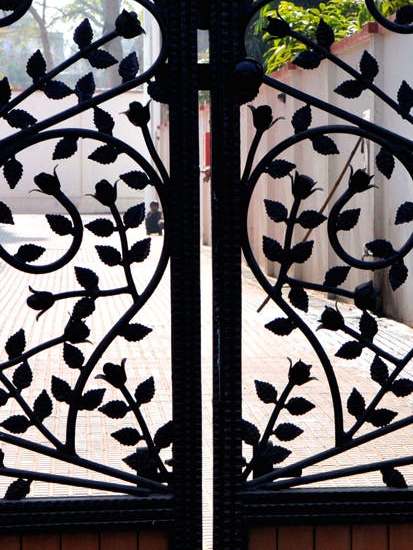
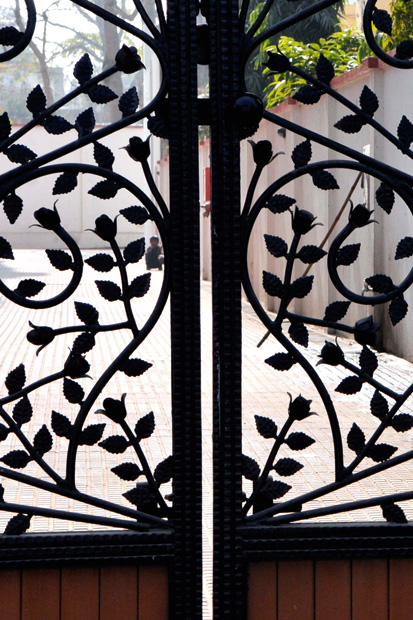

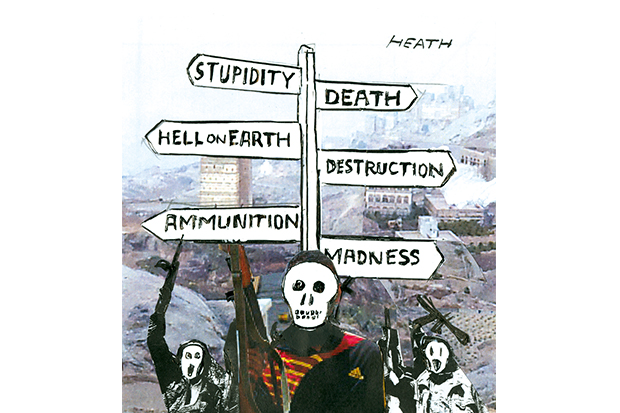
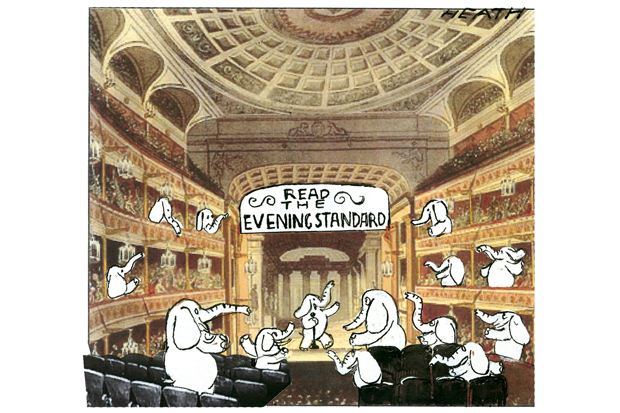

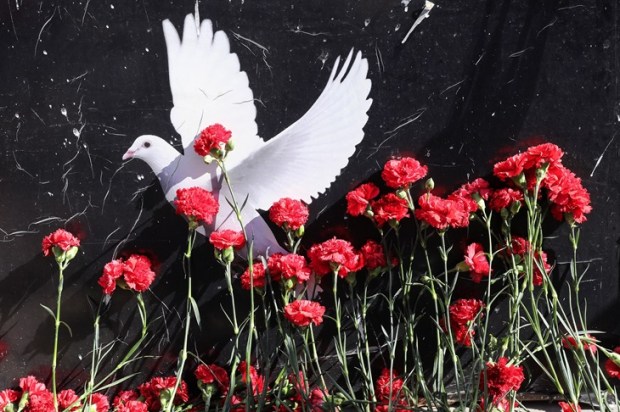






Comments
Don't miss out
Join the conversation with other Spectator Australia readers. Subscribe to leave a comment.
SUBSCRIBEAlready a subscriber? Log in